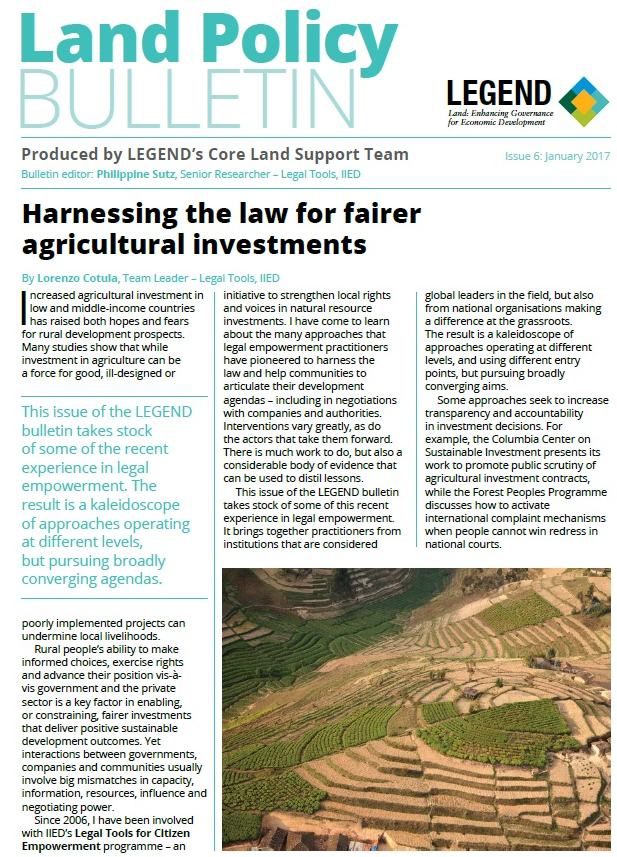Resource allocation and empowerment of women in rural Bangladesh
The bargaining power of men and women crucially shapes the resource allocation decisions households make (Quisumbing and de la Brière 2000). Husbands and wives often use their bargaining power to express different priorities about how resources should be allocated. Understanding these differences and their effects is critical if policymakers are to improve livelihoods. Increasing the bargaining power of one gender group rather than another can mean the difference between policy failure and policy success.












